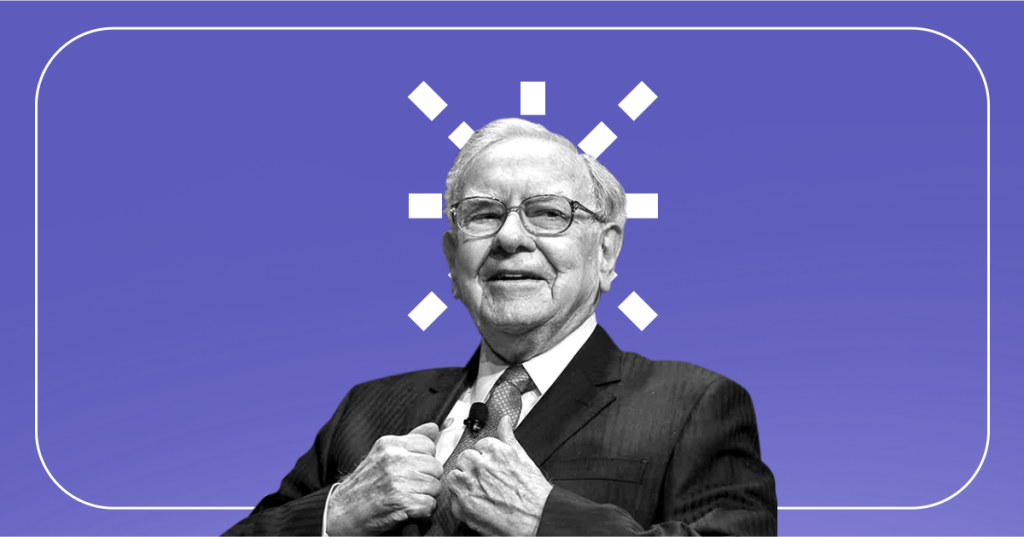As investors, we always strive to make informed decisions that will lead to positive outcomes. However, with so many resources available, it can be challenging to determine which books provide the most valuable insights. To help you navigate the sea of information, we have compiled a list of five books on the best approaches to being an investor that will give you a competitive edge.
"The Intelligent Investor" by Benjamin Graham
First published in 1949, "The Intelligent Investor" is widely regarded as a classic in the world of investing. Written by Benjamin Graham, who is known as the "father of value investing," this book provides readers with a comprehensive guide to making sound investment decisions. Graham emphasizes the importance of fundamental analysis and offers practical advice on how to identify undervalued stocks. This book is a must-read for any serious investor.
"One Up On Wall Street" by Peter Lynch
Peter Lynch, a former manager of the Fidelity Magellan Fund, is one of the most successful investors of all time. In "One Up On Wall Street," Lynch shares his investment strategies and insights that led to his success. The book is written in an easy-to-understand language, making it accessible to novice investors. Lynch encourages investors to look for opportunities in their everyday lives and offers practical advice on how to identify potential winners.
"The Warren Buffett Way" by Robert G. Hagstrom
Warren Buffett is widely considered one of the greatest investors of all time. In "The Warren Buffett Way," Robert G. Hagstrom provides readers with an in-depth analysis of Buffett's investment philosophy. The book offers insights into how Buffett analyzes companies, determines their intrinsic value, and makes investment decisions. Hagstrom's writing style is engaging, making the book an enjoyable read for investors of all levels.
"The Little Book of Common Sense Investing" by John C. Bogle
John C. Bogle is the founder of the Vanguard Group and is known for his advocacy of index funds. In "The Little Book of Common Sense Investing," Bogle argues that most investors would be better off investing in low-cost index funds rather than actively managed funds. The book provides a compelling case for passive investing and offers practical advice on how to implement this strategy. Bogle's writing style is clear and concise, making the book an excellent resource for novice investors.
"The Psychology of Money" by Morgan Housel
Investing is not just about numbers and data; it's also about human behavior. In "The Psychology of Money," Morgan Housel explores the psychological factors that influence our financial decisions. The book offers insights into why people make irrational investment decisions and how to avoid common pitfalls. Housel's writing style is engaging, making the book an enjoyable read for investors of all levels.
In conclusion, these five books offer valuable insights into the best approaches to being an investor. Whether you're a novice or an experienced investor, these books will provide you with practical advice and strategies to help you make informed decisions. By reading and applying the lessons from these books, you'll be better equipped to navigate the complex world of investing and achieve your financial goals.



